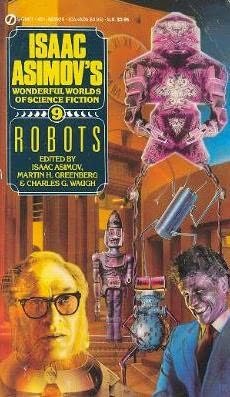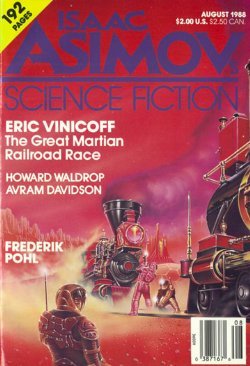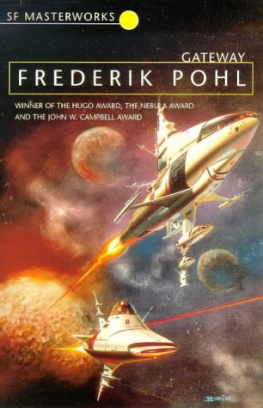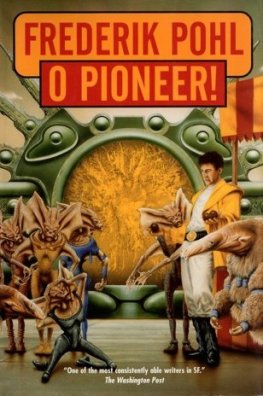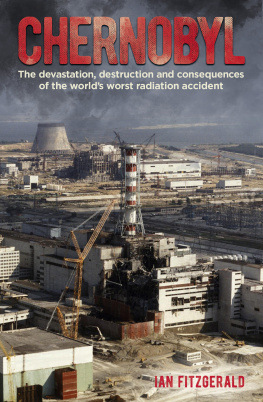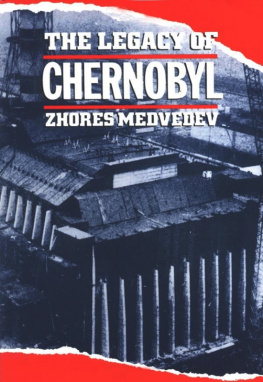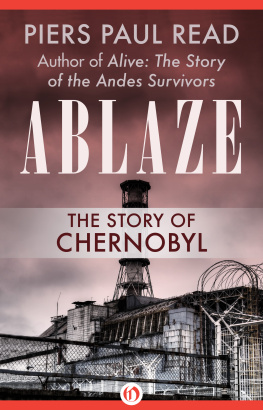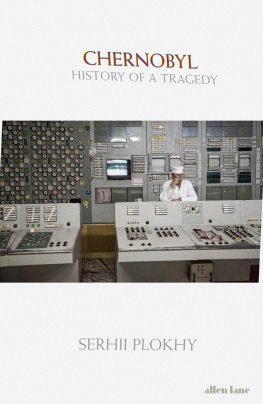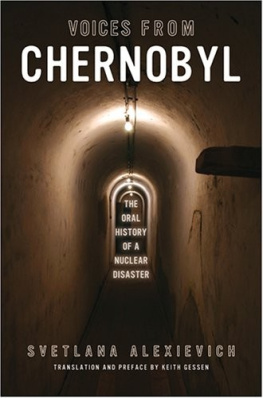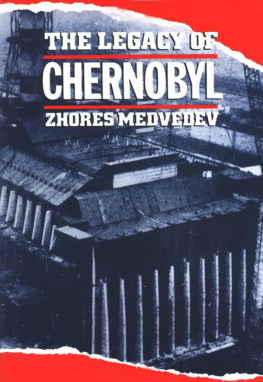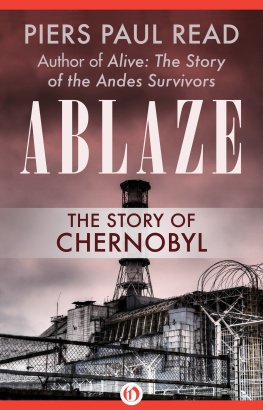Frederik Pohl - Chernobyl
Here you can read online Frederik Pohl - Chernobyl full text of the book (entire story) in english for free. Download pdf and epub, get meaning, cover and reviews about this ebook. genre: Prose. Description of the work, (preface) as well as reviews are available. Best literature library LitArk.com created for fans of good reading and offers a wide selection of genres:
Romance novel
Science fiction
Adventure
Detective
Science
History
Home and family
Prose
Art
Politics
Computer
Non-fiction
Religion
Business
Children
Humor
Choose a favorite category and find really read worthwhile books. Enjoy immersion in the world of imagination, feel the emotions of the characters or learn something new for yourself, make an fascinating discovery.

- Book:Chernobyl
- Author:
- Genre:
- Rating:4 / 5
- Favourites:Add to favourites
- Your mark:
- 80
- 1
- 2
- 3
- 4
- 5
Chernobyl: summary, description and annotation
We offer to read an annotation, description, summary or preface (depends on what the author of the book "Chernobyl" wrote himself). If you haven't found the necessary information about the book — write in the comments, we will try to find it.
Chernobyl — read online for free the complete book (whole text) full work
Below is the text of the book, divided by pages. System saving the place of the last page read, allows you to conveniently read the book "Chernobyl" online for free, without having to search again every time where you left off. Put a bookmark, and you can go to the page where you finished reading at any time.
Font size:
Interval:
Bookmark:

Frederik Pohl
Chernobyl
Copyright 1988 by Frederik Pohl.
CHERNOBYL is a work of fiction. A number of actual Soviet and other persons are referred to in the work; information about these persons is taken from the public record, and none of them appear as active characters in the novel. All those who do appear are fictitious characters. They do not represent real persons.
Chapter 1
Friday, April 25, 1986
At this time Simyon Smin is an active, affable man of sixty-four years who looks rather like a former heavyweight wrestler. He is short and quite stocky. He smiles often, with the kind of smile that other people instinctively return. He could not be called handsome, partly because he has a strip of smooth, almost glassy skin that extends across the left side of his face from his upper lip to where the back of his neck disappears inside his clothes. Still, there is a sweetness to his expression which makes his male subordinates feel free to speak frankly to him, and which women find attractive. That is one of the reasons his wife, Selena, married him, although at the time of their wedding he was nearly forty years old and she was only nineteen. Another reason is that he was a wounded and decorated war veteran, with special privileges in going to the head of queues and opportunities to buy things in special stores. It was also obvious even then that he was on his way up. He has succeeded well. He is the Deputy Director of the Chernobyl Nuclear Power Station, which supplies the eastern Ukraine with nearly one quarter of its electrical energy, a Party member of forty-three years' standing and one who has the privilege, from time to time, of travel abroad. Selena has been permitted to accompany him out of the country twice. Once it was only to East Germany, but the other time gave her five wonderful days when he was obliged to visit the International Atomic Energy Authority headquarters in the authentically western city of Vienna.
Immediately after lunch that day Smin received the three visitors from South Yemen in the plant's conference room. It was one of the showplaces of the plant, with its snowy white bust of V. I. Lenin gazing challengingly down from one wall and its deep-piled Armenian rug on the floor. His secretary had set up the long birch table with the things appropriate for distinguished foreign guests, who might (the people in Novosibirsk hoped) order an RBMK-1000 nuclear power plant for their own country. (Of course, for political reasons, it would be a long time before they ever got one, but still the nuclear power plant authorities wanted very much to have them ask.) There were opened bottles of Pepsi-Cola and orange Fanta, as well as ashtrays and packets of American Marlboros, and in the little refrigerator under the sideboard were unopened tins of Greek orange juice. (There was also a bottle of Stolichnaya vodka in the refrigerator's tiny ice compartment, in case the Yemenis turned out to be more Marxist than Moslem.)
The Yemenis were escorted in by Smin's secretary, Paraska Kandyba, her lined, lean old face impassive. Their translator trailed behind, deferentially seating himself at the very end of the table only after the men in the white robes were already sitting down. "I welcome you to the Chernobyl Power Station. I apologize for the fact that our Director, Comrade Zaglodin, is unavoidably absent, but he joins me in the hope that your visit here can add to the warm and friendly relations between our two countries," said Smin in his pleasing tenor voice, and waited for the translator to put that into the language of his visitors. It was the standard speech of hospitality and pride in the power plant, two sentences at a time and then a pause for the translator. He went right on with it as his secretary came in with a tray of coffee in small cups and a plate of sweet biscuits, which she handed around among the guests. They sipped and nibbled impassively as they listened to Smin's recitation of the virtues of the Soviet nuclear power system, the unflagging devotion with which they were carrying out the decisions of the 27th Party Congress, and their unfailing success in achieving their Plan goals.
The speech was nearly all true in what it said, though it said nothing of, for example, the stratagems and shortcuts that made the Plan at least technically attainable. Nor did it say explicitly what the other duties were that kept the Director from the honored Yemeni guests. (Which were primarily that there were other guests the Director thought more worth cultivating than a bunch of Arabs who chose to be born in the only country on the Arabian peninsula that didn't have oil.) Smin could have given the speech in his sleep. Sometimes he almost did. Normally in such conditions he used the fifty percent of time devoted to translation to study the visitors-Cubans and East Germans, Angolans and Campucheans, Vietnamese and Poles-and wonder what they made of this immense monument to Soviet science and technology. Of course, many of them had nuclear power generating plants of their own, or at least every expectation of having them soon. What they had, however, were generally pressurized water reactors. What none of the foreign guests had were the RBMK- 1000s that powered Chernobyl. That particular model was not exported to the fraternal Socialist countries. The reactors they got were, no doubt, good enough to produce electrical power, but they were of little use for other purposes. (Of course. Who would trust Campucheans or Poles with the capacity to create plutonium?) Sometimes Smin tried to guess what the foreign guests would do if they actually ordered, and were allowed to receive, RBMK-series reactors. Sometimes he thought they would tamely return the spent cores for reprocessing inside the USSR without any unexplained shortages.
But he didn't think that often.
On this day he didn't play that game anyway. He had other things on his mind. When the leader of the Yemenis took his turn to respond to the speech of welcome, Smin, nodding in thoughtful appreciation at each translated fragment, took the opportunity to write on a piece of paper: "Experiment on schedule?" He passed it inconspicuously to the secretary when she came in to offer the tinned orange juice to the guests. No one seemed to notice what he had done. The head of the delegation was craning his neck to peer inside the refrigerator as the secretary opened it. He turned to Smin and said, "Peut-etre, un peu de vodka?"
"Mais certainement," cried Smin affably. "Et alors, vous parlez franqais?Tres bien!" He waved the secretary off and opened the ice-cold vodka bottle himself, pouring a nearly exact one hundred fifty milliliters of vodka for each guest. If any of them noticed that Smin poured nothing for himself, no one commented. Thereafter the conversation continued in serviceable, if rather elementary French on both sides. It went much faster that way. Smin explained that each of the four reactors that made up the Chernobyl plant was rated at one thousand megawatts and could be refueled in operation, meaning that they were on line far more of the time than most Western models. He passed out glossy prints of the turbine room, the containment shell, the arc-shaped control boards with their four or five technicians always on duty, the bound book of aerial photographs taken during construction that showed the immense power plant as it grew, layer by layer.
"But why are you showing us only these photographs?" asked one of the Yemenis politely. "Can we not visit these places in person?"
"But certainly!" cried Smin. "Of course, there is a certain amount of climbing to be done-you don't object to stairs? -and it will be necessary, purely as a precaution, to wear protective clothing, but we can begin at once!" And do it very quickly, he added to himself, because the note the secretary slipped into his palm had said, "Yes, it is scheduled to begin at 2:00
Next pageFont size:
Interval:
Bookmark:
Similar books «Chernobyl»
Look at similar books to Chernobyl. We have selected literature similar in name and meaning in the hope of providing readers with more options to find new, interesting, not yet read works.
Discussion, reviews of the book Chernobyl and just readers' own opinions. Leave your comments, write what you think about the work, its meaning or the main characters. Specify what exactly you liked and what you didn't like, and why you think so.

